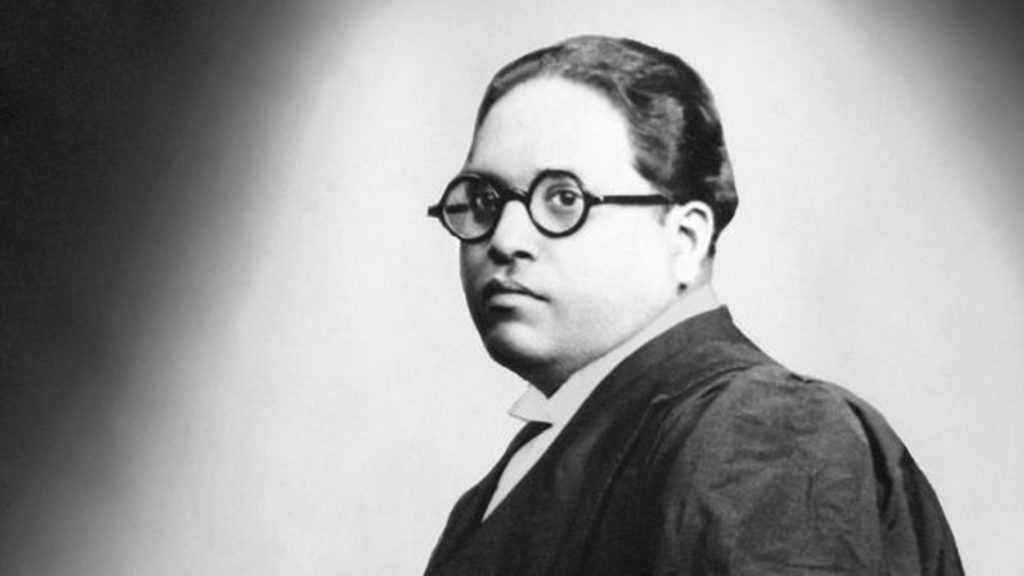
Dr. Ambedkar and Democracy – An Anthology
Jaffrelot and Narender Kumar edited select passages from the vast ocean of Ambedkariana that relates to Dr. Ambedkar’s thoughts on Democracy. It is a useful addition to the corpus of the literature that brings together precious gems of thoughts from the vast ocean of literature that Dr. Babasaheb Ambedkar left behind. The literature left behind by Babasaheb Ambedkar on various topics including history, sociology, economics, law, Buddhism, and democracy is scattered in his many of the writings. All these scattered gems need to be brought into a system of its own to understand nuances of the particular strand of thought of Babasaheb Ambedkar on a particular issue, idea, and topic.
One can come up with such anthologies that can include scattered gems and weave them into an understandable pattern with a view to grasping the grand thought in its totality. However, with Dr. Babasaheb Ambedkar the totality always remains unformed as his thoughts are dynamically moving ahead with the quest for liberation and the context of the situation guiding it. Therefore, the selection of the writings on Democracy is a complex enterprise as there is so much to chose from and there is so much to thought about his thoughts.
Jaffrelot and Narender Kumar took this enormous task in their hands to present the passages in a logical manner. With such an enterprise that demands from the reader a vantage point to understand the events happened in the passage of time and response of Babasaheb Ambedkar to them, the introduction is a like a key and the heart of such enterprise. In their introduction, the editors brought to the surface the historical interventions of Babasaheb Ambedkar in response to the developments in Indian polity over the period spanning from 1917 till the time Indian republic was constituted. This is a vast time span and responses of Babasaheb Ambedkar were crucial not only from the point of giving rights to his people but also in the formation of the Republic of India.
Babasaheb Ambedkar in his quest for liberation of people never lost sight of the bigger humanity and the forces that can shape the larger humanity peacefully. The ideas and strategies that Babasaheb Ambedkar used in his service to the emancipation of people are well laid down in the introduction. Be it the separate electorate, or the adult franchise, or the concept and practice of social and economic democracy. It is all there.
It is important to grasp the ideas and strategies of Babasaheb Ambedkar fully in the changed context of India today. The democracy in India is completely undermined by the fascist forces who have broken the delicate checks and balances principle inbuilt in the constitution of India which limits the growth of power in a particular institution by bringing in another institution and thus creates a dynamic system that does not let one institution overpower other. This is what is happening in India at the moment when the institutions of the democracy are broken into pieces or hijacked by the non-state agents like RSS.
In bringing the historical trajectory in the discussion, Jaffrelot and Narender Kumar did an excellent job. What is now needed is an understanding of Dr. Babasaheb Ambedkar’s thoughts that can be applied to the present context when India is undergoing a threat to its democracy in the era of social media, fake news, and manufactured lies through media. The growing Ambedkarite movement throughout India needs the insights from the anthology to tackle the menace of fascist forces along with their fight for human rights for all and liberation of all.
Author – Mangesh Dahiwale



+ There are no comments
Add yours